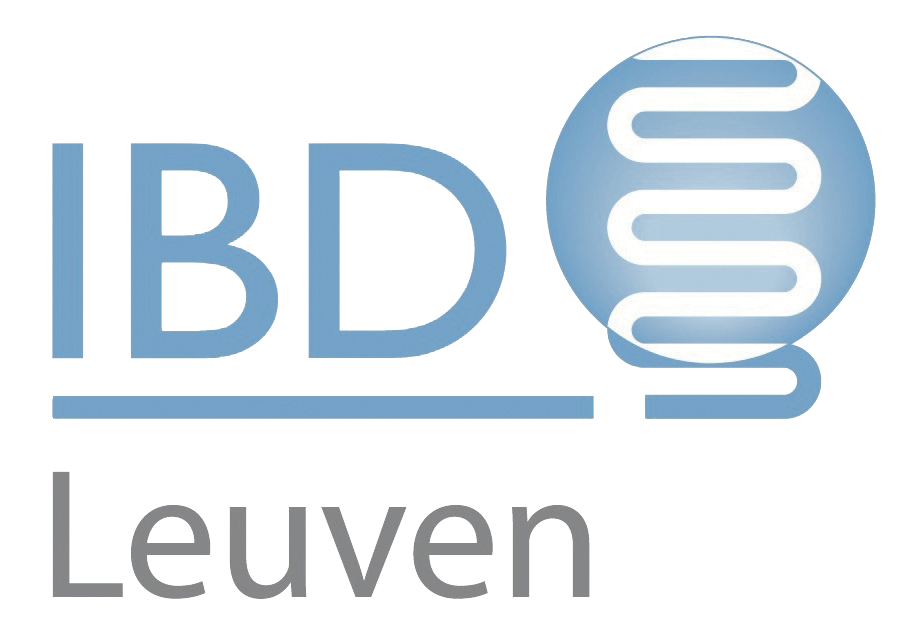
Medical treatment options
Medical treatment options
The treatment of both Crohn’s disease (CD) and ulcerative colitis (UC) has changed over the years. Although corticosteroids are still being used to induce clinical remission in case of severe symptoms, they cannot be maintained due to severe side-effects. Hence, aminosalicylates (UC only) or immunomodulators (thiopurines, methotrexate) are administered during induction and maintenance in the standard step-up approach. However, those drugs are not able to maintain clinical remission in all patients. Therefore, biological agents and small molecules are increasingly used much earlier during the disease course, aiming for a better disease control.
Anti-TNF agents
The introduction of several anti-TNF agents (infliximab, adalimumab, their biosimilars and golimumab) has changed our management of IBD. Adalimumab and golimumab are always administered via subcutaneous injection, whereas infliximab can be administered either intravenously or subcutaneously (available since 2021, and always preceded by intravenous induction during the first weeks of therapy). Unfortunately, these drugs don’t work in all patients. In order to maximise the effect of those drugs, we regularly measure serum levels (therapeutic drug monitoring, TDM) and recommend intensified dosing, if required.
Anti-adhesion molecules
Vedolizumab is a gut-focused biological agent targeting the a4b7 integrin on the surface of various white blood cells circulating in the blood. Although initially developed as an intravenous drug, vedolizumab will become available as a subcutaneous drug soon (again preceded by intravenous induction during the first weeks of therapy). In line with our experience of TDM in anti-TNF treated patients, we also measure vedolizumab serum levels in case a patient loses response to vedolizumab and recommended intensified dosing, if required.
Anti-IL12/23 agents
Ustekinumab, a subcutaneous drug (one intravenous dose the first time) targets the IL-12/IL-23 inflammatory protein, important in the biology of CD and UC. Its beneficial effect was primarily proven in psoriasis and psoriatic arthritis, where after it successfully was studied in CD and UC. Again, we do measure ustekinumab serum levels in case a patient loses response to ustekinumab and recommended intensified dosing, if required.
Janus kinase inhibitors
The Janus kinase (JAK) proteins are important in the intestinal inflammation, observed in patients with CD and UC. Tofacitinib is the first JAK-inhibitor approved for UC, and various other JAK-inhibitors are soon expected in the treatment of CD and UC. All JAK-inhibitors are oral drugs, administered daily.
